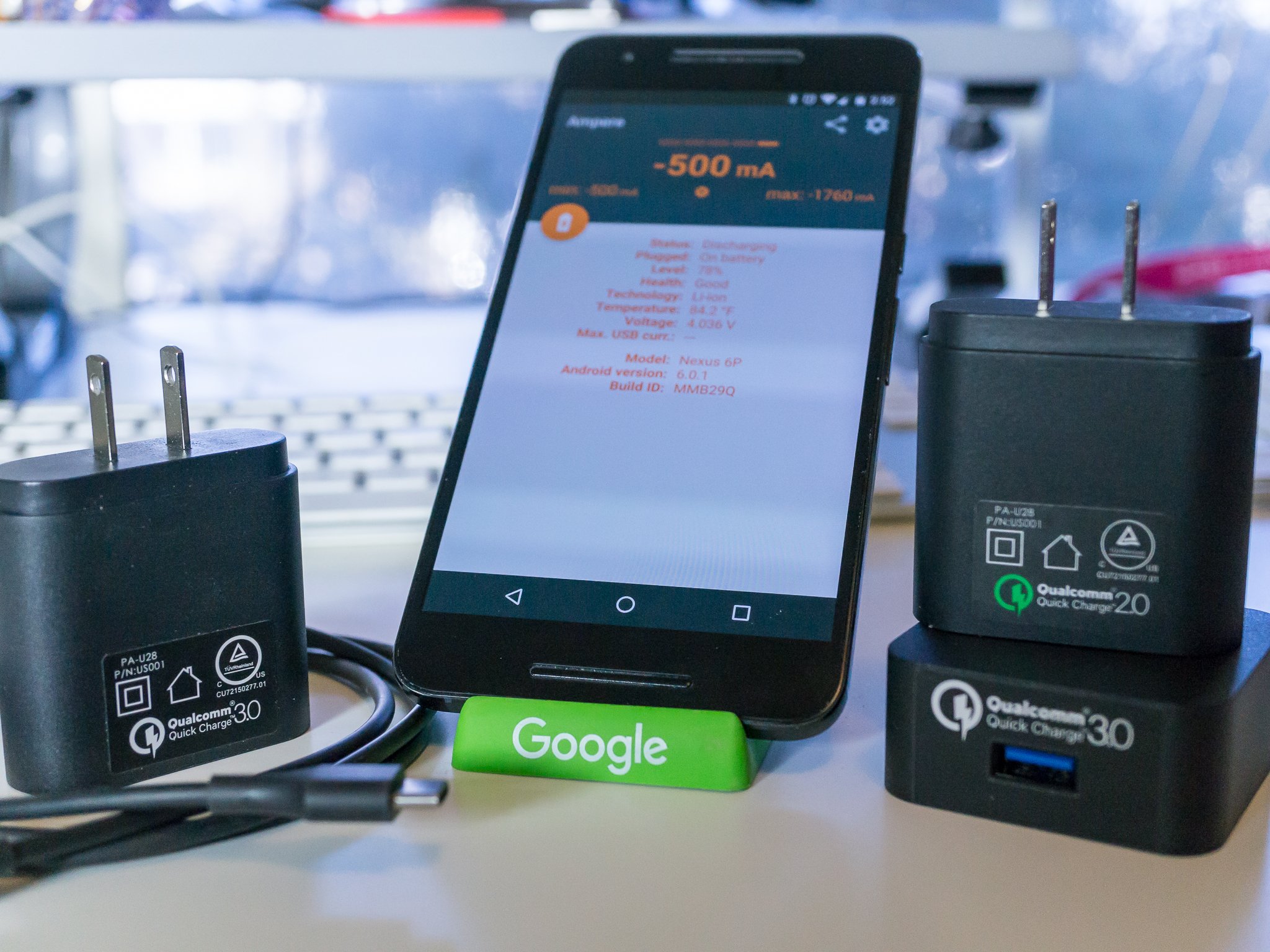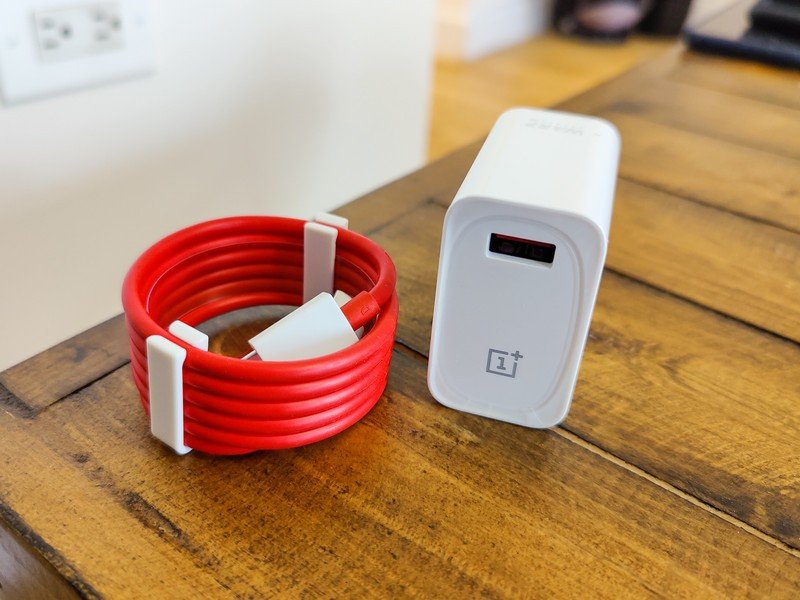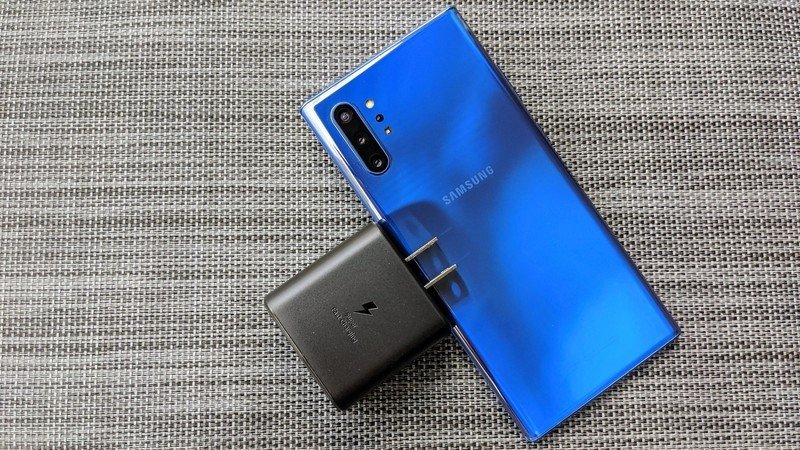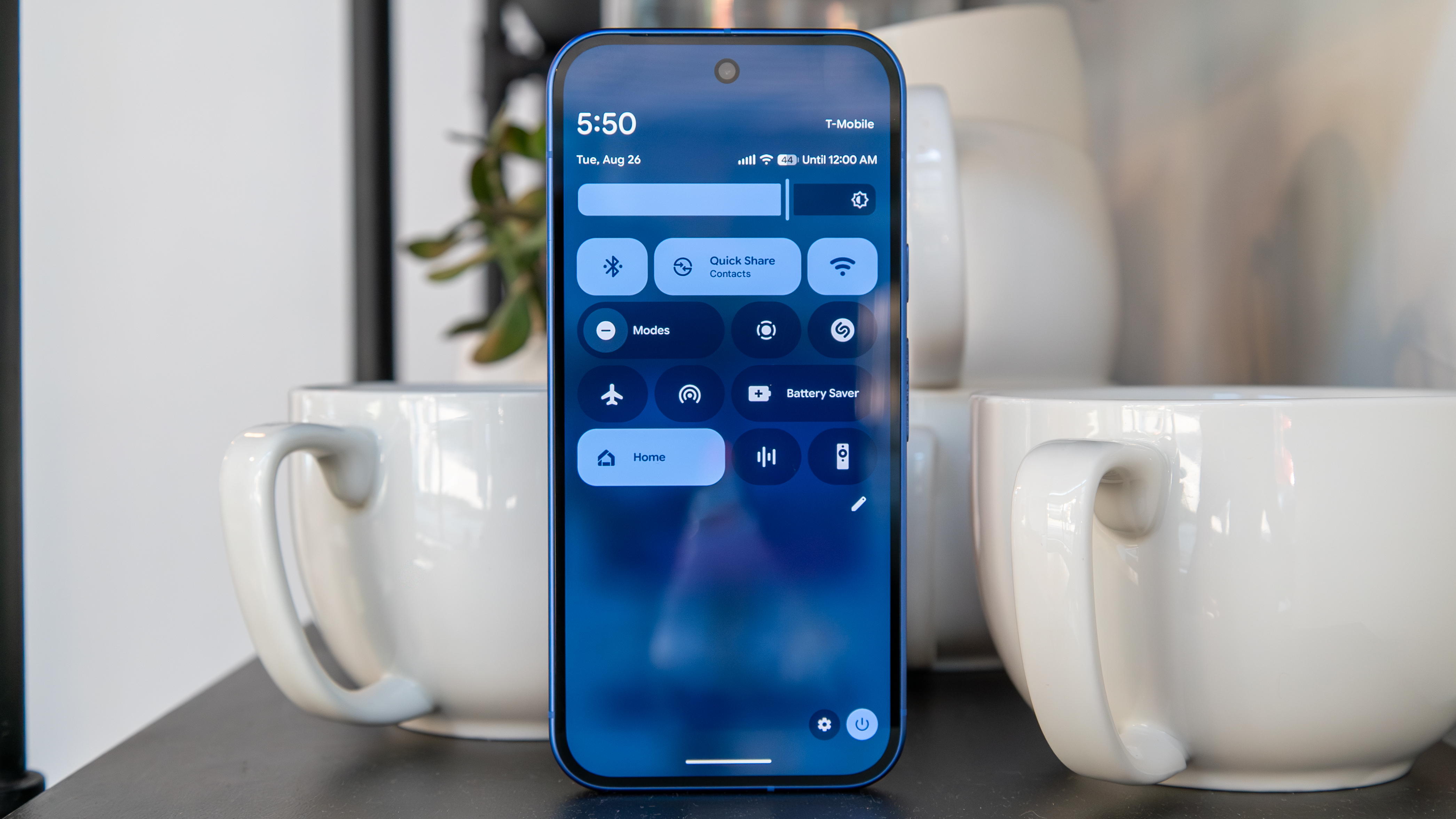Fast charging could be slowly killing your battery

Everyone hates the fact that we have to charge our phones. While smartphone battery life is getting better each and every year, we still wish there were some sort of fission reactor or something inside our phones so they would never need to be plugged in. That's why we love to hear about how fast a new phone can charge; it means less time plugged into the wall.
But like everything that looks good on the surface, there are drawbacks. With fast charging, those drawbacks could be pretty serious when it comes to battery health.
Battery health: What is it?

In case you're not sure what that means, battery health is a term that describes how much a battery has degraded since it was brand new. Battery degradation means that the actual capacity is diminished and that means two things: you spend more time on the charger and you eventually have a phone that won't take a charge at all.
A battery starts degrading the moment it is first charged. It's convenient to measure battery health in charging cycles, but every time you apply voltage to charge a battery it is shortening its life. You've probably seen this in action and had a phone that didn't seem to stay charged as long as it used to after a year or so, and every single rechargeable battery has this issue. It's not a problem, it's just how the science works.
Your phone's battery health degrades from the moment it is first charged.
I'm not going to get into the minute details about how batteries charge. It's sufficient to know that to create a charge inside a battery you have to remove a very thin layer of material from an electrode inside of it and transfer that material to another electrode and the surrounding fluid known as an electrolyte. The same happens when you discharge, only in reverse.
As these materials degrade over time, so does the life of your battery and the actual capacity lessens. Eventually, you start to notice that you used to be able to go 15 hours on a full charge but now you only get 11 hours, for example. That's because your battery isn't storing as much as it used to.
It's not a bug, this is just how it works.
This is a function of a rechargeable battery and not a bug. It happens to the batteries in our phones, the batteries in PlayStation controllers, even the batteries in an electric golf cart. When chemistry meets physics you realize there is no perpetual engine. And one factor makes the whole process much worse: heat.
Get the latest news from Android Central, your trusted companion in the world of Android
Battery health: Why you should care

You can not escape the heat when dealing with a battery, especially one that's designed to be recharged. Using a battery makes it get hot, charging a battery makes it get hot, and even leaving a battery alone and doing nothing with it can make it get hot. You're dealing with very acidic compounds and volatile metals and the two can produce a very strong reaction. That means the most important thing to prolonging battery health is reducing the heat.
To prolong battery health and life, you need to beat the heat.
While I'm not suggesting that we charge our phones inside the freezer, we do need to understand how fast charging tries to balance reduced time on a charger versus long-term battery health, especially now that we've been told that 125-watt charging is coming and it takes just five minutes to charge a battery to almost half of its capacity. Yikes.
Oppo didn't give away all the secret science behind its 125-watt Flash Charge technology but it did mention one thing that's a bit concerning — the system is designed to keep the battery temperatures below 40-degrees C (104-degrees F). The company does mention a change in battery type from 3C to 6C, but traditionally that designator has been used to measure power discharge, not thermal protection.
Ideally, a manufacturer would want to keep the battery temperature below 30 to 35 degrees because it knows how heat can destroy a battery's usefulness. I'm not here to second guess the engineers at Oppo because they are clearly really good at what they do. But I worry that manufacturers are becoming more concerned about fast charging than longevity because they think that's what we really want.
125-watt charging at 40-degrees C is crazy to think about.
I can't speak for everyone, but I don't want a phone that charges X% faster but I notice the battery going bad in 18 months. That's a real concern when the time spent charging is accompanied by temperatures that are higher and higher than ever before. It would be different if batteries were easy to replace and didn't require a heat gun, new gasket materials and adhesive, and a whole lot of luck to get to them.
I'm picking on Oppo here because it just announced some crazy-fast new battery charging tech, but this applies across the board. Fast USB-C PD charging is bad for batteries. Qualcomm Quick Charge is bad for batteries. So are Warp Charge and every other turbo-powered name given to the technology that charges batteries using more voltage, higher amperage, and more heat.
Like you, I hate having to charge my phone. But I hate the idea of having a phone that's only a year and a half old with a busted battery a lot more. I hope battery technology that allows for these higher temperatures is evolving at the same pace that charging them faster is.

If you weren't paying attention to Oppo before, now's the time to start. The company's new standard-bearer delivers everything you'd want out of a 2020 flagship, from display to camera to design. Although not cheap, the Find X2 Pro justifies its high price just as much as any other competitor in this category.

Jerry is an amateur woodworker and struggling shade tree mechanic. There's nothing he can't take apart, but many things he can't reassemble. You'll find him writing and speaking his loud opinion on Android Central and occasionally on Threads.
